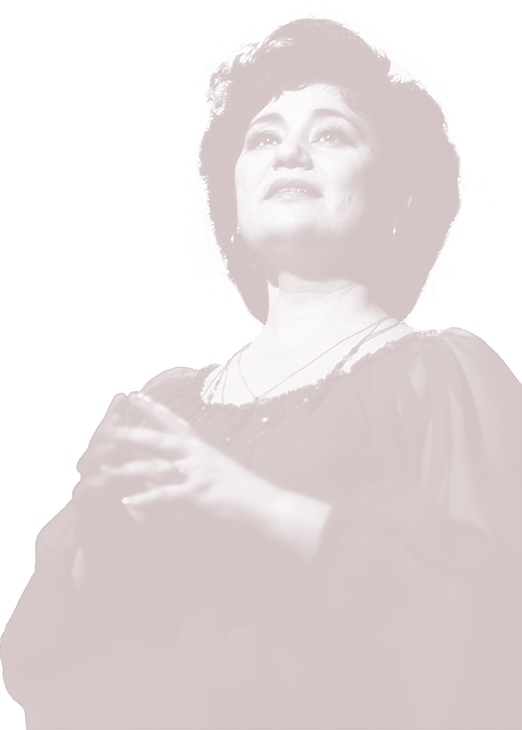
As an aging king descends into madness, his bloodthirsty daughter begins a reign of terror, leaving a defenseless populace to battle for freedom from their oppressors. A monumental opera that made Verdi a national hero, Nabucco boasts a bold score that goes straight to the heart, highlighted by the immortal chorus of the Hebrew slaves. The powerful tale is loosely based on the historical and biblical figure of Nebuchadnezzar, a mighty king whose madness is cured by divine intervention. see more
The National Opera and Ballet Theatre presents Swan Lake, one of the greatest classical masterpieces. A jewel of the classical repertoire, this ballet brings to life the romantic love story between Prince Siegfried and Princess Odette, a prisoner of a spell: transform herself into a swan by day and become a woman again by night. In the face of the deceit of the sorcerer and his daughter, will the Prince succeed in freeing his bride? Between poetic duets and spirited choreographies, the brilliant dancers will thus link Spanish Pas, Mazurka, and the inevitable Dance of the Little Swans… Symbol of romantic ballet, Swan Lake explores the meanders of eternal love and continues to seduce generations of spectators. see more
“Un ballo in maschera” is the only one of Verdi’s operas set in the United States. Moreover, this setting was entirely accidental — or rather, the result of censorship. The opera’s plot was based on a play by the French dramatist Eugène Scribe, which in turn was inspired by the real-life assassination of King Gustav III of Sweden. However, in 1858, just before the opera’s premiere, there was an assassination attempt on Napoleon III. The authorities in Naples were alarmed; they feared that an opera depicting the murder of a king might incite rebellion among the Neapolitans. As a result, Verdi was required to make certain changes to the plot. The censors (a clever and crafty bunch!) agreed that the story would raise no objections as long as the victim was not a king, but merely a governor in some colonial Boston. see more
